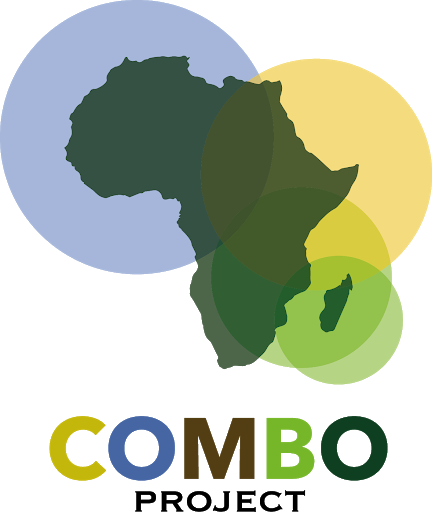
FAPBM is a member of IUCN.
The International Union for Conservation of Nature (IUCN) is a global non-governmental organization whose mission is the conservation of nature.
Through its mission, IUCN seeks to influence, encourage and assist societies throughout the world to conserve the integrity and biodiversity of nature, and to ensure that any use of natural resources is equitable and ecologically sustainable.
Read more

FAPBM is a member of the Conservation Finance Alliance.
FAPBM has become a Member of the Conservation Finance Alliance (CFA) in 2020. The CFA gathers conservation finance, protected area financing and environmental funds experts.
This registration gives access to a range of resource materials published by the CFA and its partners. As well, it allows FAPBM to participate in…
Read more

FAPBM is a member of the Consortium of African Environment Funds (CAFE).
The Consortium of African Funds for the Environment (CAFÉ) is a member-based network of environmental funds in Africa. It has been operational since 2011. CAFÉ has a total of 18 Member Funds that, among other things, manage over 90 parks and reserves covering more than 140,000 square kilometers across 12 countries in Africa. Currently, the CAFÉ Secretariat is hosted by the Malawi Environmental Endowment Trust (MEET) in Malawi.
Read more

FAPBM takes part in the regional project COMBO
The COMBO project, financed by the Agence Française de Développement (AFD) and the French Global Environment Facility (FFEM), are aimed at developing the compensation mechanism, or offset. Implemented in Madagascar by the Ministry of Environment and Sustainable Development, in partnership with Wildlife Conservation Society, Biotope and Forest Trend, the project objective is to reconcile economic development with biodiversity conservation and ecosystem services through activities targeting an Absence of…
Read more

FAPBM is supported by USAID Madagascar.
USAID, through its Hay Tao program, seeks to strengthen organizations that finance biodiversity conservation in Madagascar. FAPBM is one of the institutions supported. USAID’s support consists in strengthening FAPBM’s capacity in fundraising activities at the international level.




